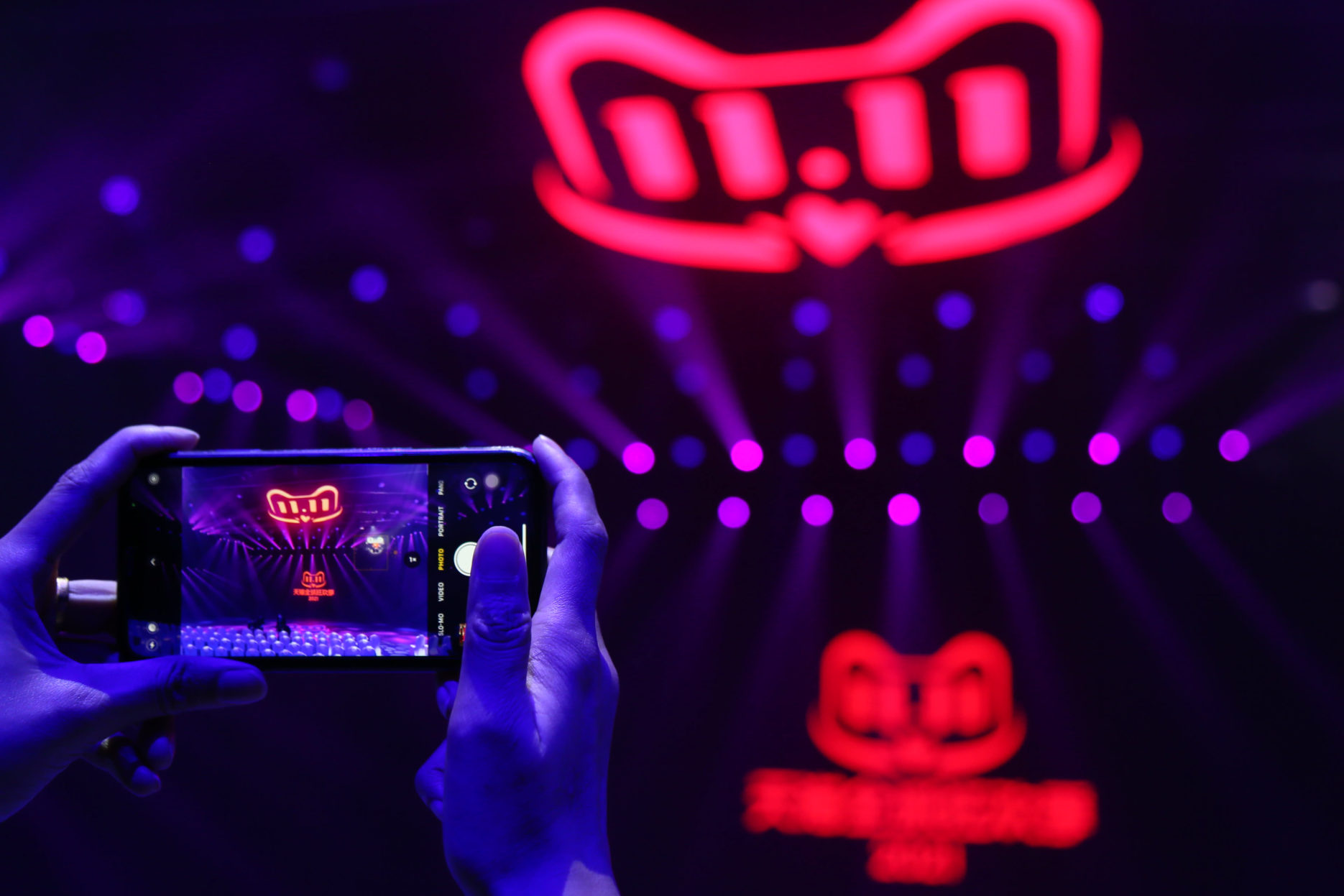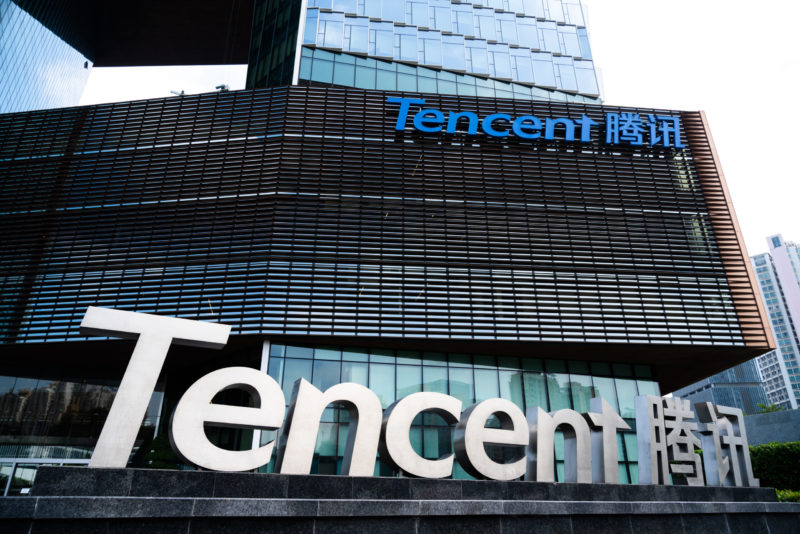It has been 13 years since the birth of Singles’ Day, or Double 11, China’s largest online shopping festival. Though enthusiasm for the day seems still in place, with record-breaking sales figures, regular buyers have reacted with some yawns.
While consumers enjoy the bargains afforded by brands giving away discounts, some have shown signs of less interest in getting these special offers, due to ever more complicated rules.
Furthermore, others have complained that the practice is rather “tricky” as discounts are based on an “inflated” price and as such the discounts are not real.
Retailers, on the other hand, have been exploring new approaches to engage with consumers, diversifying discounts with options including coupons and red envelopes (or hongbao in Chinese). These letters include “lucky money”, a certain amount of money given by brands that can be used to deduct products’ costs.
However, while coupons are soured with some “technical glitches”, due to requests flocking in from a large number of users at the same time, consumers with “lucky money” are disappointed to see they have to make a bigger purchase to reach the threshold of price deduction.
This “figure game” has made consumers feel the nature of this shopping spree has been spoiled, with benefits having been taken away from buyers, with this loss of excitement also incurring a loss in sales.
In addition, the long-awaited interoperability between Taobao, the e-commerce platform owned by tech giant Alibaba, and China’s most popular communication social media WeChat does not seem to have beefed up this event. With Double 11 being the kick-off for this integration there was every hope it would help spur on consumerism.
As the blocking game between the two parties has seemingly not come to an end, this new function has not achieved what the Chinese population envisioned. It is reported by Chinese media that product links from Taobao still cannot be shared to WeChat.
Taobao password (a unique character code with a link directing to a product page) has seen be turned into garbled messages, leaving message receivers confused as these unreadable texts look like spam.
In the meantime, Taobao also shows signs to block WeChat, offering only Alipay – the online payment platform developed by its parent company Alibaba – as its payment method.
As the mutual access between the two platforms did not come as expected, there seems to be a limited improvement in users’ payment experience during this year’s shopping festival. This has not only frustrated users but has helped cause friction in the buying process of products and therefore been a source of loss of income for many brands.
Chinese consumers are now no strangers to the festival special offers, instead of complicating the discounting to increase engagements, the focus of brand strategy should be on how to bring actual benefits to consumers. As that would be beneficial to brands in return, in the long run, regardless of the occurrence of Double 11.
Read more:









